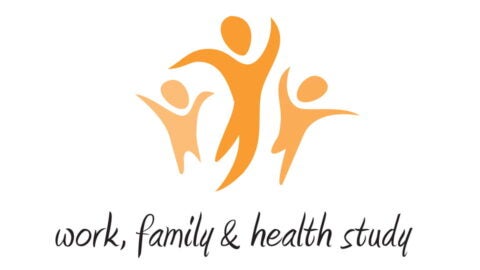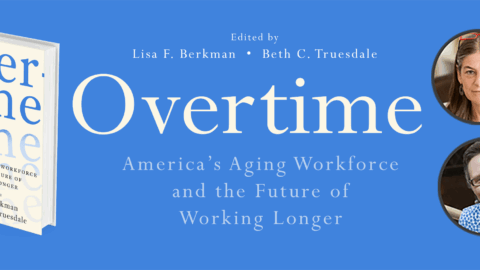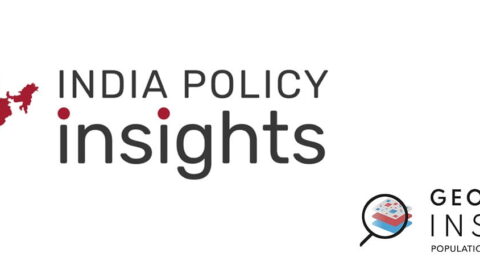Past Research Projects
WFHS & WFHN
Work, Family & Health Study (WFHS) | Work, Family & Health Network (WFHN)
The Work, Family & Health Study (WFHS) was a comprehensive evaluation of a work/family intervention that was designed to make changes to the workplace itself with the goal of improving worker health while also benefiting organizations. The Work, Family & Health Network (WFHN) was the interdisciplinary team of researchers brought together to conduct this research and advance the field of “work and well-being.” The WFHS yielded 150 scholarly publications, freely available toolkits that employers can use to implement workplace changes with the intention of promoting employee health, and valuable data that researchers may still access.

Is working longer in the U.S. in jeopardy?: Development of a book funded by the Alfred P. Sloan Foundation
“Overtime: America’s Aging Workforce and the Future of Working Longer”
Staying in the workforce longer as a strategy to better prepare for retirement is not a viable option for everyone. Nearly 30 experts across economics, sociology, psychology, political science, and epidemiology examine how increasing economic and social inequalities, along with changes across generations or birth cohorts, and the physical limitations that can result from a lifetime of physical labor, call for a rethinking of the working-longer policy framework.

India Policy Insights
Also referred to as Burden of Disease and Deprivation in India across Micro and Macro Public Policy Units
S (Subu) V Subramanian, PhD, and Rockli Kim, ScD, were awarded a 2.2 million dollar grant by the Bill and Melinda Gates Foundation to improve precision public policy, public financing, and governance in India related to indicators of population health and development.

Workplace Redesign for Worker Well-Being: Blueprint for Resilience
A Robert Wood Johnson Pioneering Ideas Funded Project
This project was the core project of the Work and Well-Being Initiative, a joint Harvard and MIT research-for-action initiative. The aim of this project was to develop a new vision of the work-health equation by first, expanding the view of health to include a multi-faceted perspective on “well-being” and “resilience,” and second, by broadening the health-promoting strategies considered by employers and policymakers to include a work redesign approach. The research itself involved conducting a systematic review of publications on workplace interventions and their effects on worker well-being using transdisciplinary methods. Qualitative interviews with employers, employees, and employee-advocacy groups were conducted to gather information on effective strategies and practices. A resulting website was launched that highlights important findings and features a toolkit with recommendations and guidance.

